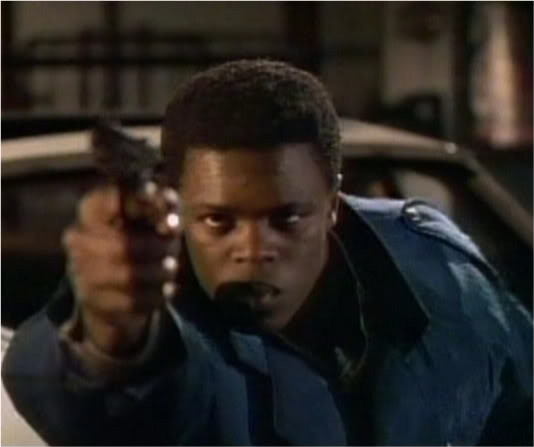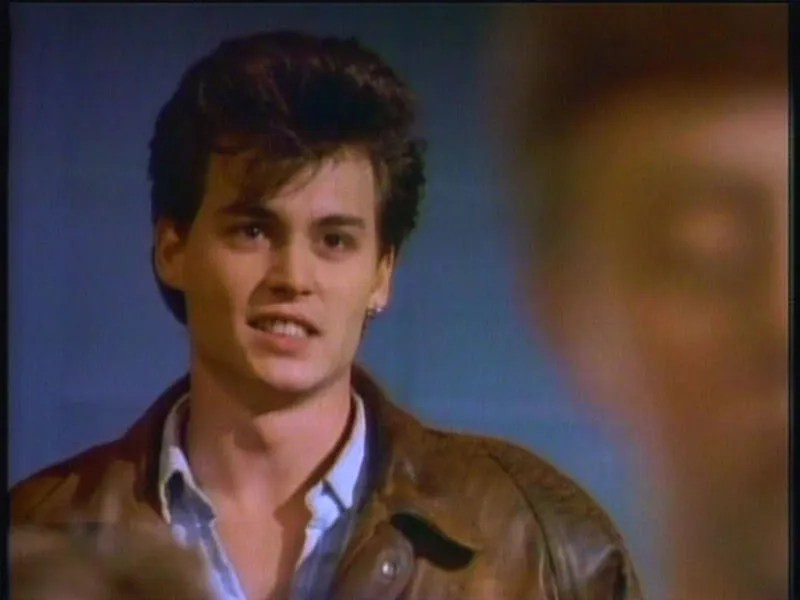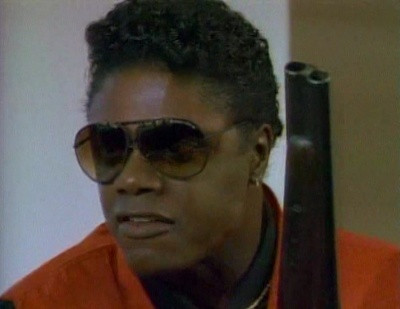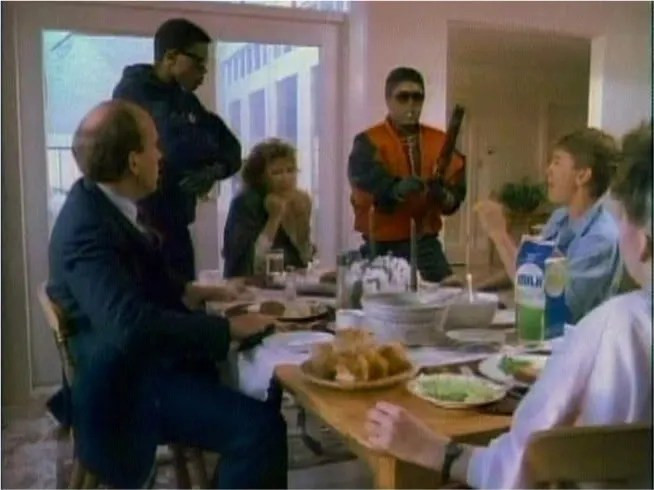The late 1980s was a time of bold fashion, iconic music, and the rise of a fresh-faced actor named Johnny Depp. While many now associate Depp with blockbuster franchises and eccentric characters, his journey to stardom began in a surprisingly grounded, yet undeniably cool, police procedural: 21 Jump Street. This wasn’t your typical cop show; it was hip, it was relevant, and it launched Depp into the stratosphere of teen idol status.
21 Jump Street cleverly tapped into the anxieties of the era, focusing on youthful-looking police officers going undercover in high schools to tackle issues like drug abuse and underage crime. Depp, portraying Officer Tom Hanson Jr., was the epitome of the show’s appeal. His boyish charm and inherent talent shone through, even as he played a cop who was constantly underestimated due to his youthful appearance.
The premise was simple but effective: take young-looking cops, station them in a renovated chapel at 21 Jump Street, and let them infiltrate the world of teenagers. This setup allowed for a unique blend of crime drama and teen angst, tackling serious issues with a distinctly 80s sensibility. While Depp’s character was a police officer, the show wasn’t afraid to delve into the complexities of teenage life, making it resonate with a younger audience in a way traditional police dramas couldn’t.
One episode that perfectly encapsulates the show’s early charm and Depp’s burgeoning stardom is the pilot episode. It throws Officer Hanson into the deep end, tasking him with going undercover at a local high school to bust a drug ring led by a charismatic but dangerous teen named Waxer.
Hanson’s mission is to befriend Kenny, a wealthy high schooler ensnared by Waxer’s drug operation. The episode showcases the initial fish-out-of-water scenario for Hanson. He’s a cop, trained for the streets, but now he has to navigate the complex social dynamics of high school, all while trying to maintain his cover and crack the case. The show smartly plays on the humor of an adult trying to blend in with teenagers, highlighting the generational gap and the inherent awkwardness.
 Richard Grieco and Johnny Depp in a scene from 21 Jump Street, showcasing the youthful cast.
Richard Grieco and Johnny Depp in a scene from 21 Jump Street, showcasing the youthful cast.
The episode doesn’t shy away from the darker aspects of drug use. Kenny, despite being portrayed as somewhat bratty, is also a victim, highlighting the tragic consequences of addiction. Depp’s portrayal of Hanson is nuanced; he’s tough when he needs to be, but also empathetic, especially towards Kenny. He undergoes a “makeover” to fit in, a classic trope, but it underscores the show’s lighthearted approach even when dealing with serious topics.
The high school setting, while sometimes exaggerated for dramatic effect, reflects real concerns about teenage drug abuse prevalent in the 80s. The school in the show seems to be overwhelmed by the drug dealers, a reflection of societal anxieties about losing control over youth and the influence of drugs.
 Johnny Depp as Officer Hanson, attempting to blend in with high school students in 21 Jump Street.
Johnny Depp as Officer Hanson, attempting to blend in with high school students in 21 Jump Street.
The plot takes a dramatic turn when Waxer’s gang escalates their tactics, breaking into Kenny’s home and holding his family at gunpoint. This moment, while perhaps heightened for television drama, serves to illustrate the real danger Kenny is in and the lengths drug dealers would go to. It also raises the stakes for Hanson, pushing him to intervene more directly.
The episode culminates in a tense scene where Kenny overdoses in the school locker room after Waxer gives him a speedball. Hanson races against time to save him, leading to a heartfelt conversation in the hospital. This scene underscores the show’s underlying message about the dangers of drug abuse and the importance of intervention and support. It’s a classic “very special episode” moment, but it’s delivered with sincerity and benefits from Depp’s increasingly compelling performance.
 Officer Hanson in action, showcasing the blend of drama and action in 21 Jump Street.
Officer Hanson in action, showcasing the blend of drama and action in 21 Jump Street.
Ultimately, Kenny agrees to go to rehab, a somewhat simplistic but hopeful resolution typical of the era’s approach to such issues. The “Very Special Lesson” at the end, “Drug dealers will stalk you,” is a direct and somewhat sensationalized takeaway, typical of the after-school special tone that 21 Jump Street sometimes embraced, albeit with a cooler, more stylish edge.
 The family dinner scene, highlighting the domestic disruption caused by the drug dealers in 21 Jump Street.
The family dinner scene, highlighting the domestic disruption caused by the drug dealers in 21 Jump Street.
21 Jump Street was more than just a cop show; it was a cultural phenomenon that captured the zeitgeist of the late 80s. And at its heart was Johnny Depp, whose portrayal of Officer Tom Hanson Jr. resonated with audiences and cemented his status as a rising star. While the show tackled serious issues, it did so with a youthful energy and a sense of style that made it appointment viewing for a generation. It remains a significant entry point into understanding Johnny Depp’s early career and the enduring appeal of 80s television.
